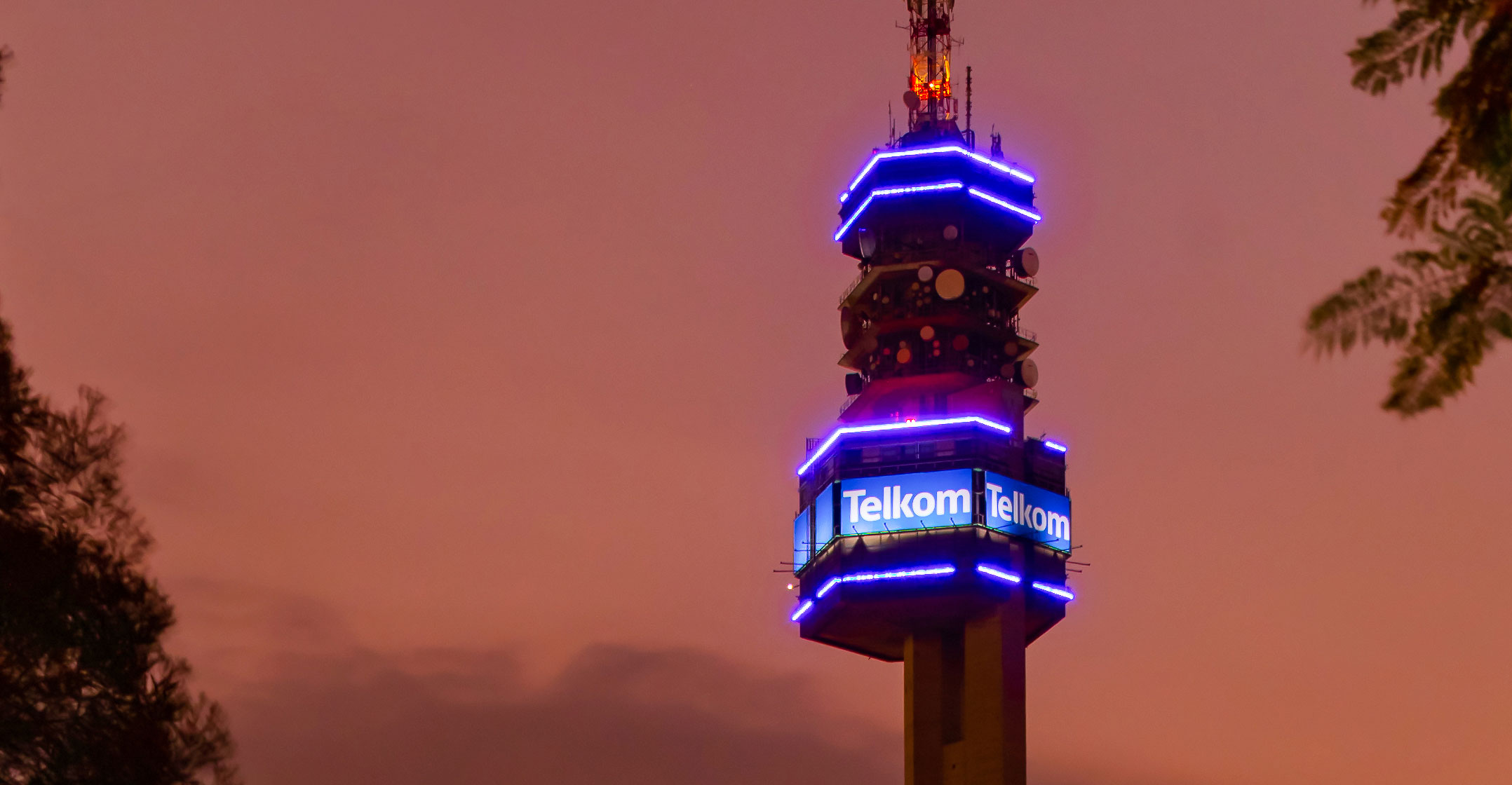 The number of copper fixed lines in service at Telkom has plunged yet again. At the end of March, the company had fewer than 1.3 million customers using copper, down 20% from 1.6 million a year ago.
The number of copper fixed lines in service at Telkom has plunged yet again. At the end of March, the company had fewer than 1.3 million customers using copper, down 20% from 1.6 million a year ago.
The collapse in the numbers, which include Telkom’s digital subscriber line (DSL) clients, comes as the company aggressively rips out and replaces its copper infrastructure for speedier and more modern alternatives like fibre and 4G/LTE.
Telkom’s total fixed broadband subscribers — a figure that includes fibre connections — fell by 11.8% to 605 807.
The company said that in the last 12 months, it has seen revenues from “next-generation technologies” surge to the extent that they now make up the “lion’s share” of its income.
“Driven by a surge in data traffic across fixed-fibre and carrier connectivity solutions, (wholesale division) Openserve saw a 2.9% rise in the fibre-to-the-home connectivity rate to a pleasing 51.1%, and homes passed increased by 20.7% to 549 957,” Telkom said.
Capex
The company invested R8.4-billion in its network in the 2021 financial year, at a capex-to-revenue ratio of 19.5%. “The focus on key growth areas saw 53.3% of capex investments geared towards mobile, underpinning the growth in mobile service revenue of 34.5%. In addition, 29.3% of investments were geared towards services such as fibre, core network and service-on-demand.”
“Our capital investment over the past five years has enabled us to successfully evolve the business. With next-generation revenue streams contributing approximately 70% of group revenue and driving growth, we have de-risked the business,” said Maseko.
“Telkom is generating sustainable free cash flow and has sufficiently de-risked the balance sheet with adequate capacity to fund its strategic capital investment programme.”
 Growth, driven by the mobile business, saw earnings before interest, tax, depreciation and amortisation up by 11.7% to R12-billion, with Ebitda margin expanding by 2.8 percentage points to 27.7%. Headline earnings per share rose by 53.4%. Group revenue was mostly flat at R43.2-billion.
Growth, driven by the mobile business, saw earnings before interest, tax, depreciation and amortisation up by 11.7% to R12-billion, with Ebitda margin expanding by 2.8 percentage points to 27.7%. Headline earnings per share rose by 53.4%. Group revenue was mostly flat at R43.2-billion.
“Mobile business revenue growth now more than offsets the anticipated structural decline in fixed-voice revenue and revenue pressures from Covid-19. The results showed a change in revenue mix, with legacy fixed-voice income now contributing only 15% to the business,” Telkom said.
“Our mobile business continued its growth trajectory as we surpassed 15 million subscribers during the year, carrying even more data traffic in 4G and 4.5G, as well as commencing our 5G roll-out,” said Maseko.
“Allocating capital to a data-led and fibre-enabled mobile networks – a growth area of our business – successfully prepared us for the significant increase in data demand and mobile broadband services as more people worked, did business and studied from home.”
Mobile broadband traffic increased by 53.2%, resulting in mobile data revenue growing by 41% and underpinning the 34.5% increase in mobile service revenue to R16.9-billion.
Telkom’s IT services arm, BCX (formerly Business Connexion), reported a decline in revenue as the national lockdown and the work-from-home response impacted fixed-voice revenues from enterprise customers. IT revenue also came under pressure as big companies deferred capital expenditure and delayed projects given the increased levels of uncertainty, Telkom said.
Telkom’s dividend remains suspended, but it said it will review its position on this when it publishes its interim results in November. – © 2021 NewsCentral Media




